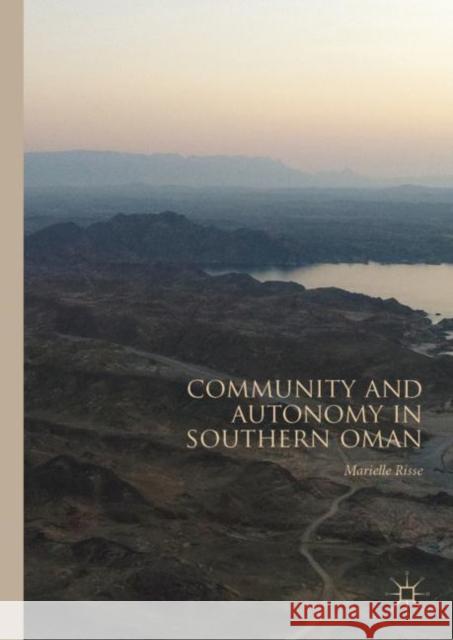Community and Autonomy in Southern Oman » książka
topmenu
Community and Autonomy in Southern Oman
ISBN-13: 9783030170035 / Angielski / Twarda / 2019 / 266 str.
Community and Autonomy in Southern Oman
ISBN-13: 9783030170035 / Angielski / Twarda / 2019 / 266 str.
cena 303,30
(netto: 288,86 VAT: 5%)
Najniższa cena z 30 dni: 289,13
(netto: 288,86 VAT: 5%)
Najniższa cena z 30 dni: 289,13
Termin realizacji zamówienia:
ok. 16-18 dni roboczych.
ok. 16-18 dni roboczych.
Darmowa dostawa!
Kategorie:
Kategorie BISAC:
Wydawca:
Palgrave MacMillan
Język:
Angielski
ISBN-13:
9783030170035
Rok wydania:
2019
Wydanie:
2019
Ilość stron:
266
Waga:
0.63 kg
Wymiary:
21.01 x 14.81 x 2.39
Oprawa:
Twarda
Wolumenów:
01
Dodatkowe informacje:
Wydanie ilustrowane











